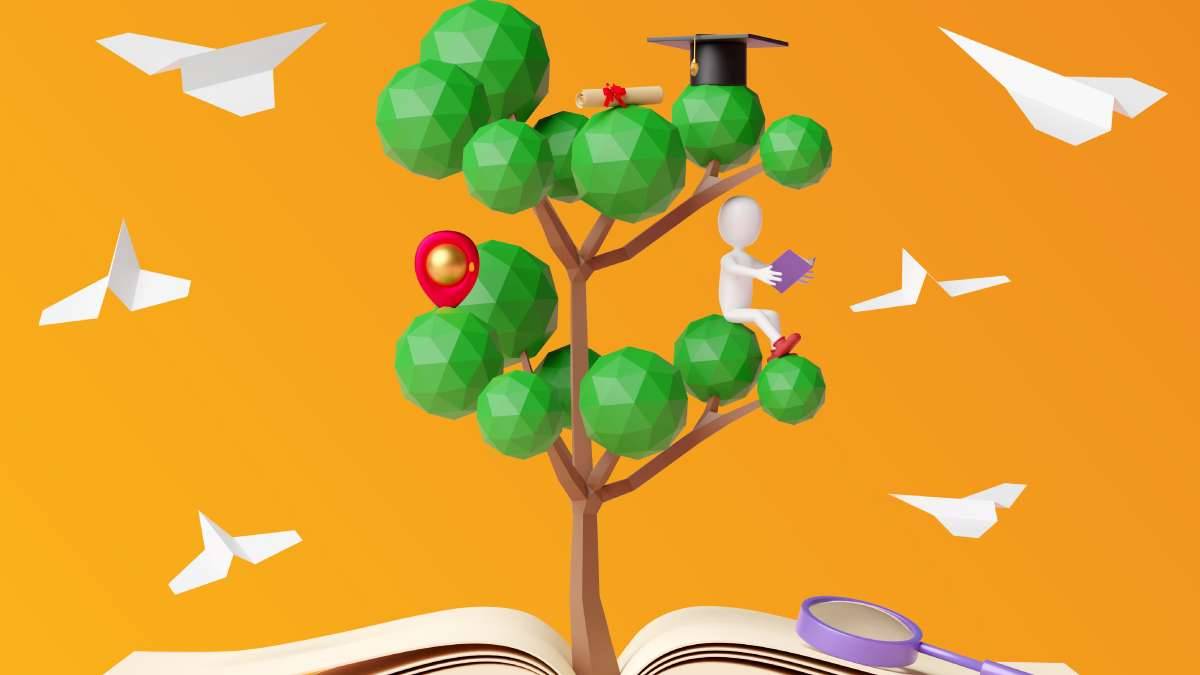
A Future without Semester Breaks with "Credit Bank" idea
ARTICLES | May 16, 2022
As the education sector reopens after the pandemic, institutions from elementary to university level are retaining a hybrid approach, so pupils and students can study online from home.
Given everyone’s unique preferences, aptitudes, interests, speed of learning, how will conventional semesters survive? FutureTales LAB by MQDC’s research with the National Innovation Agency (NIA) found that individualized learning plans in combination with AI will let learners bank their academic credits. A variety of learning styles will meet the needs of people of all ages, letting them learn whatever they want at any time for the jobs they seek, not just to meet the needs of the labor market.
Academic credit banking is used in countries such as the United States, Australia, and South Korea. Agencies regulate and facilitate the transfer of experiences from certificate programs, non-degree programs, or general training courses to assist people’s career paths. Primary and secondary students may adjust their formal education with new alternative learning method, such as informal learning or self-learning, and then gain credits. University students may go to work or gain experiences from starting up companies. Collecting learning units in higher education can enable students to take a break from study.
Many universities in Thailand and abroad are adapting to the era of highly competitive online education platforms. The next step will be academic credit banks at university, featuring trusted online platforms such as Coursera, edX, or FutureLearn. A Class by Class Central 2021 survey found that online courses meet the needs of the labor market to stay profitable. Leading course topics were business (20.9%) and technology (20%).
Thailand’s Ministry of Higher Education, Science, Research and Innovation (TISI) recently announced that it would establish a National Credit Bank to enable people of all ages to accumulate and transfer work and educational experience, especially in the Eastern Special Development Zone (EEC).
Implications for the future:
- Edutainment and Blended Plearning (Playing + Learning) will change the perspective of the education industry to focus on designing new learning activities. Teacher must become coaches in learning.
- The advent of VR/AR, AI-based design, and machine learning will help meet teaching demand.
- AI ethics must be researched if AI is to be used to analyze learners' personality, interests, aptitudes, and potential to design individual learning and careers. The echo chamber phenomenon must be avoided in AI networks to focus on how technology will affect the social development of young learners.
- Social values will change. Age will no longer restrict a person's qualifications because degree certificates and educational qualifications will have less value.
- Academic credit banking will be another factor that drives older adults to reskill and upskill.
Reference from:
- https://www.futuretaleslab.com/.../art.../future-of-learning
- https://www.forbes.com/.../understanding-education-40.../...
- https://www.classcentral.com/report/mooc-stats-2021/
- https://www.salika.co/.../academic-credit-bank-education.../
Want to know more about us, click www.futuretaleslab.com or follow at https://www.blockdit.com/pages/6184ec3b07f0660cad381cf9











